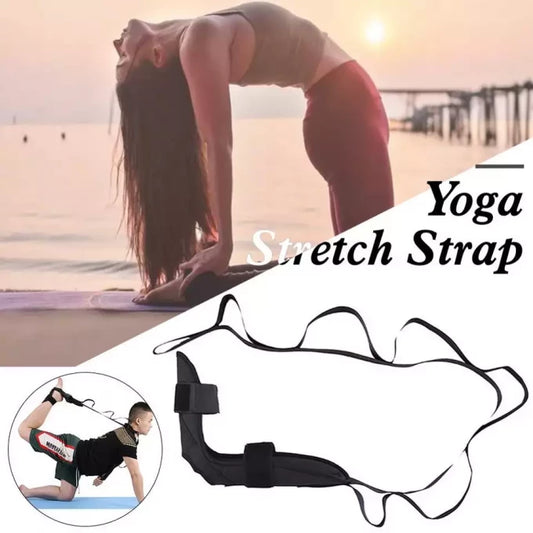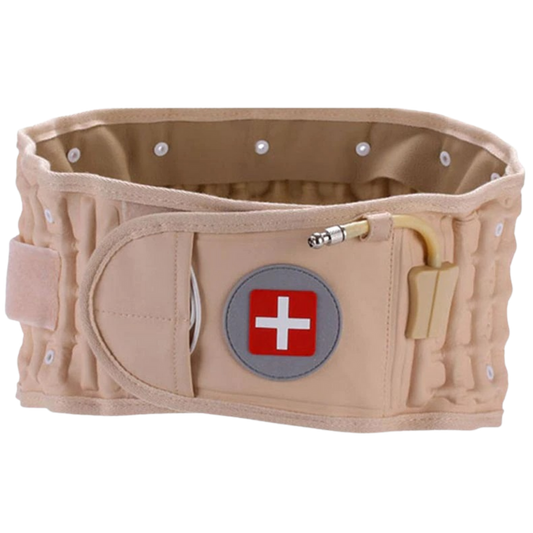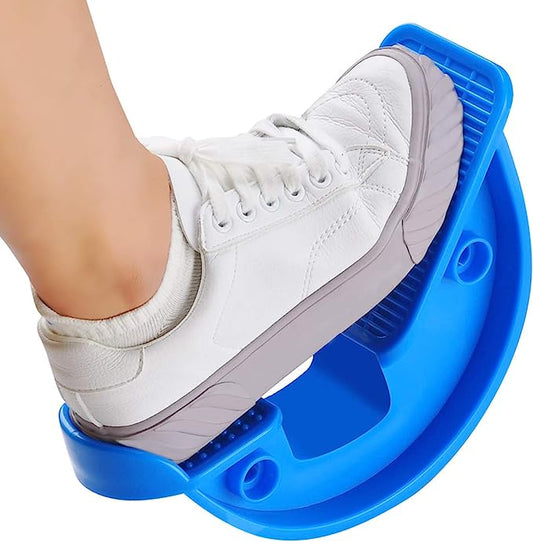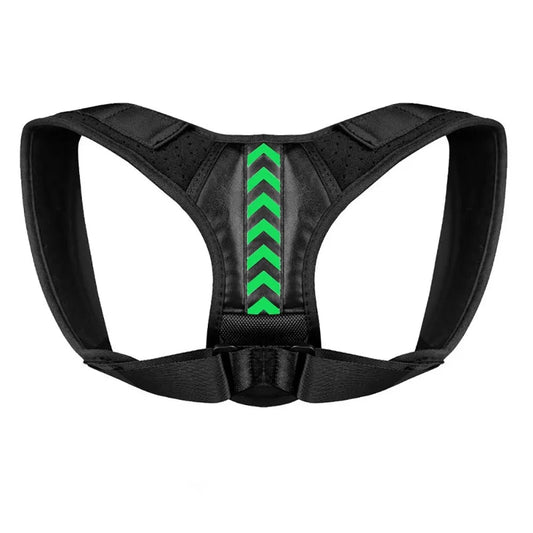
If you are a parent with kids and you often enjoy the great outdoors, camping with a bad back can ruin your camping experience.
If its your first time, some of you will start to worry as you plan your camping trip with the following on your mind - how will i sleep? how will i put the tent up without causing more pain or how will i carry things without risking an injury?
I know these questions too well especially when I’ve been away camping with my son who is now part of beavers here in the uk …
Here are some tips and suggestions I would like to share with you that may help if you are looking to plan your next camping trip soon… I have split this up into the following 3 categories:
1. The Packing
2. What to do on Arrival
3. During Your Camp
Lets get started...
1. The Packing - Choosing Your Carry BagIf you are going to be doing lots of walking or your campsite is further away from the car park, it would be wise to choose a bag that is light in material. A material such as vinyl or canvas won’t add any additional weight to your bag. Additionally, choose a bag which comes with wide padded shoulder straps and a good padding in the back for extra support.
Also when carrying, ensure both shoulders straps are placed over your shoulders to keep the weight of the bag evenly supported by your spine.
- Only Pack What You NeedWhen packing your bag(s), it will be every easy to take everything which you may or may not need, especially if you are away for an extended period of time. However, remember your back safety as you will be the one carrying your back pack.
Only pack what you need, don’t fill your bag to the brim as it will only lead to back and shoulder pain. Distribute the contents evenly within the bag making use of any pockets provided. The weight of the back should be around 10 to 15% of your body weight to avoid risking any injuries.
Don’t forget to pack any pain killers you may be taking and do pack any hot/cold heat packs as these may come in handy whilst onsite.
2. What To Do On Arrival - Take a BreakIf you’ve been driving for a considerable length of time, ensure you take frequent breaks so you can stretch your legs and help your back from pro-longed sitting.
On arrival take a few minutes to walk around and take a break before thinking about unpacking the car.
- StretchNow will be a good time to do some light stretching, ideally if there is a grass area then I would suggest lying down and carrying out some stretches on the floor by doing the child pose stretch and gently pulling each knee to your chest as this will stretch the hamstrings. I will go into further details on this on a future post and will link back so be sure to bookmark this for future reference.
- Core StrengtheningAnother thing I would recommend is to activate your core muscles and get them firing, this will help when you start to carry things out of the car and start setting up your tent etc. Some simple exercises I would recommend would be the birddog, front plank, side-plank exercises. These will be sure to get your core muscles working especially after a long drive.
3. During Your Camp - Drink plenty of waterMost probably you will be out in the sun a lot, that’s the whole idea of camping, however as a result you will become more dehydrated. This will cause the tissue in your back to stiffen up and impact on blood circulation. Hence it will be important to ensure you drink plenty of water while out and about.
- Take care bending & lifting - tense your abs
While on camp, especially during the un-packing phase, ensure you take care when lifting things out of the car and bending while setting up your tent. The best way to avoid injury is to learn how to tense your abs to engage the core muscle groups to work for you so that you avoid risking an injury.
- Daily core strengthening/stretching
It would be a good idea if you get into the habit of performing core strengthening and stretching daily to help while on camp. Your muscles will be fired up and you will minimise your risk to injury. Simply spend 10-20 minutes gently carrying these out in the morning to set you up for the rest of the day.
I hope these tips and suggestions will help you in your next camping trip and hopefully take away some of the worry and stress that comes with the planning of a family camping adventure.




